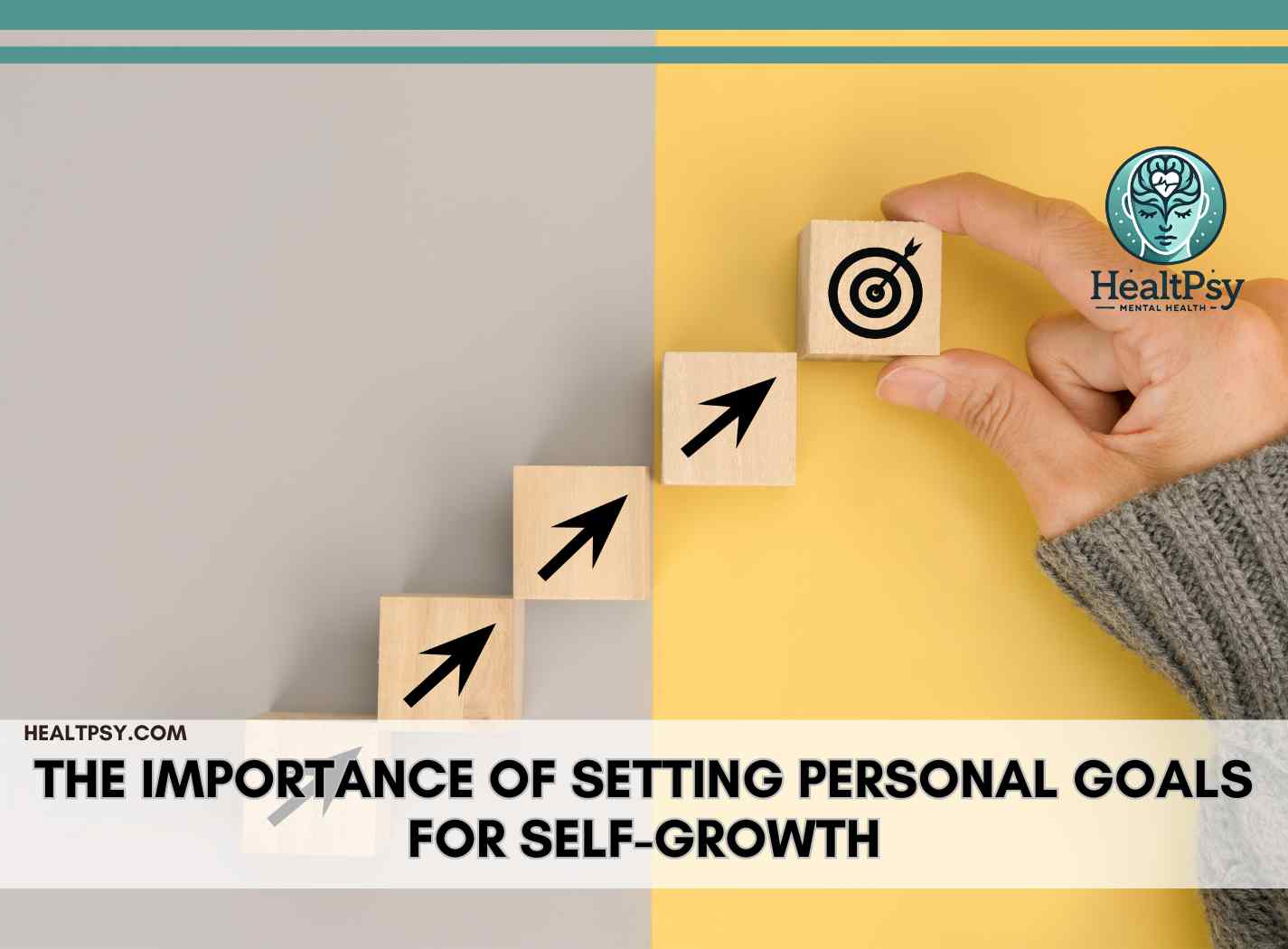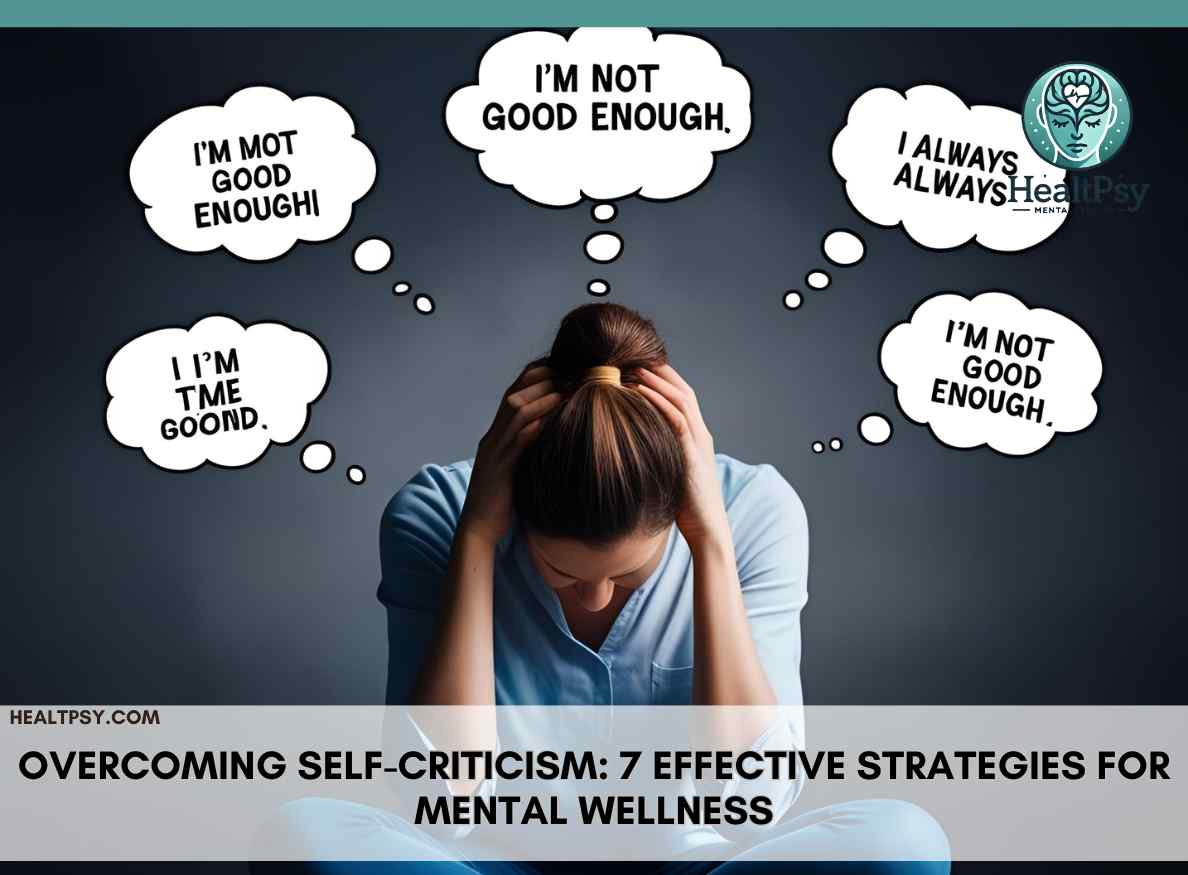7 Effective Ways to Nurture Your Mental Health Care
Introduction
Understanding Mental Health Care
**Mental health care** is a holistic approach that includes self-care, lifestyle choices, and therapeutic interventions. The **American Psychological Association (APA)** defines it as “a set of practices that promote emotional stability, reduce stress, and foster resilience.” Factors affecting mental health include genetics, environment, lifestyle habits, and emotional regulation.
7 Practical Steps to Nurture Your Mental Health
1. Engage in Regular Physical Activity
Exercise plays a key role in **reducing stress, enhancing mood, and improving cognitive function**. According to **Harvard Medical School**, engaging in **30 minutes of moderate activity daily** can lower anxiety and depression symptoms.
2. Maintain a Balanced Diet
Nutrition significantly impacts mental well-being. Key nutrients such as **omega-3s, magnesium, and B vitamins** support brain function. Research from the **National Institute of Mental Health (NIMH)** suggests that a Mediterranean-style diet improves mood and emotional stability.
3. Prioritize Quality Sleep
Sleep deprivation can negatively affect mood and concentration. Studies by the **National Sleep Foundation** recommend 7-9 hours of sleep per night to regulate stress hormones and maintain mental clarity.
4. Practice Mindfulness and Meditation
Mindfulness improves emotional resilience by fostering self-awareness. The **Journal of the American Medical Association (JAMA)** found that mindfulness-based stress reduction (MBSR) is as effective as antidepressants in treating anxiety disorders.
5. Strengthen Social Connections
Building supportive relationships enhances emotional well-being. A study by the **National Institute on Aging (NIA)** found that people with strong social networks experience lower levels of stress and cognitive decline.
6. Recognize and Address Mental Health Challenges
Early intervention prevents worsening mental health conditions. Recognizing symptoms such as **persistent sadness, anxiety, and difficulty concentrating** can help individuals seek timely support.
7. Seek Professional Guidance When Needed
Therapy and counseling offer valuable coping tools. **Cognitive-behavioral therapy (CBT)** is particularly effective in addressing negative thought patterns. The **World Health Organization (WHO)** encourages seeking mental health support as part of overall well-being.
Scientific Insights on Mental Health Care
Studies show that lifestyle interventions, including **exercise, nutrition, and social engagement**, reduce the risk of mental disorders by **30-50%**. Research from **Harvard Medical School** confirms that structured mental health programs improve emotional resilience.
External Resources
Related Articles
Conclusion
Prioritizing **mental health care** leads to long-term well-being, resilience, and emotional stability. By integrating **healthy habits, mindfulness, social support, and professional guidance**, individuals can foster a fulfilling life. Small, consistent changes can have a profound impact on mental health.
you might also like





